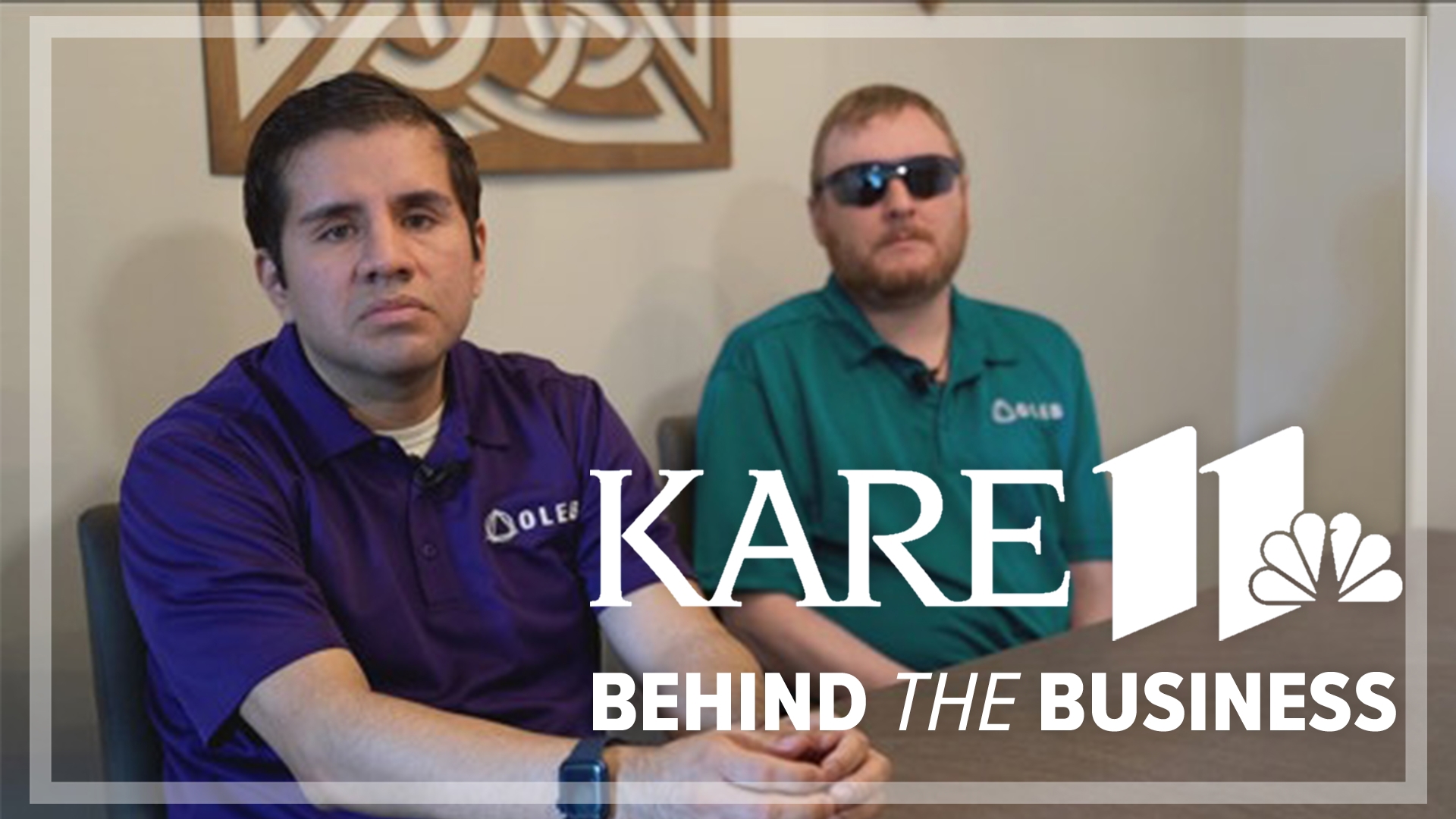ST. LOUIS PARK, Minn. — May 16 is Global Accessibility Awareness Day (GAAD). It's a day meant to get people talking and thinking about digital access. More than one billion people worldwide live with disabilities, according to the GAAD Foundation.
"As of today, May 2024, about 98% of websites are inaccessible," said Belo Miguel Cipriani of St. Louis Park.
In 2007, Cipriani lost his sight from an assault. The 26-year-old was working in Silicon Valley at the time.
"I worked in tech. I did different jobs. I was mostly a systems administrator, or project manager, and technology. And then when I lost my sight, I couldn't go back to do those jobs," Cipriani said.
Cipriani became a journalist. But he also ran into roadblocks with that profession.
"I was there as a writer and I was always paired with media professionals. They were helping me with video and editing, anything visual because I am blind. When the industry changed, they couldn't accommodate me anymore. I was eventually let go. But I realized that the big reason why I was let go was because so much of technology was inaccessible," Cipriani said.
Cipriani went back to graduate school and got his doctorate with a focus on accessibility. He started working as a consultant, helping companies make sure that their content is accessible online.
In 2018, he launched Oleb Media. Cipriani's husband, James Kirwin, works for the company as a project manager.
"For people who are low vision, like myself, color contrast is a very big deal. The types of letters. You need to use certain types of fonts. There are many fonts that are loopy that low vision people can't see," Kirwin explained.
According to a WebAIM report, 86.3% of home pages have low contrast text.
The second most common issue at 66% is missing image alt text.
While on a website, Cipriani ran into the problem, saying, "It says header logo but it's not telling me what the logo is so it's missing an image."
He went on to say, "If an image is not described to me, I don't know if I should make the purchase. I don't know what's being conveyed. So often I'm forced to just abandon the website altogether."
Through coaching, guides and courses, they help point out these problems to companies and content creators.
Oleb Media has now launched its first online course designed to help creators make sites more accessible: "Introducing Image Accessibility: Mastering Alt Text for Course and Content Creators."
"As people start making these changes to make their spaces more accessible, their content receives more traffic," Cipriani said. "Their content became more shareable because it's more accessible."
You can learn more about the services Oleb Media offers, here. The new course can be purchased online for $199.
Watch more Behind the Business:
Watch all of the latest stories from Behind the Business in our YouTube playlist:

